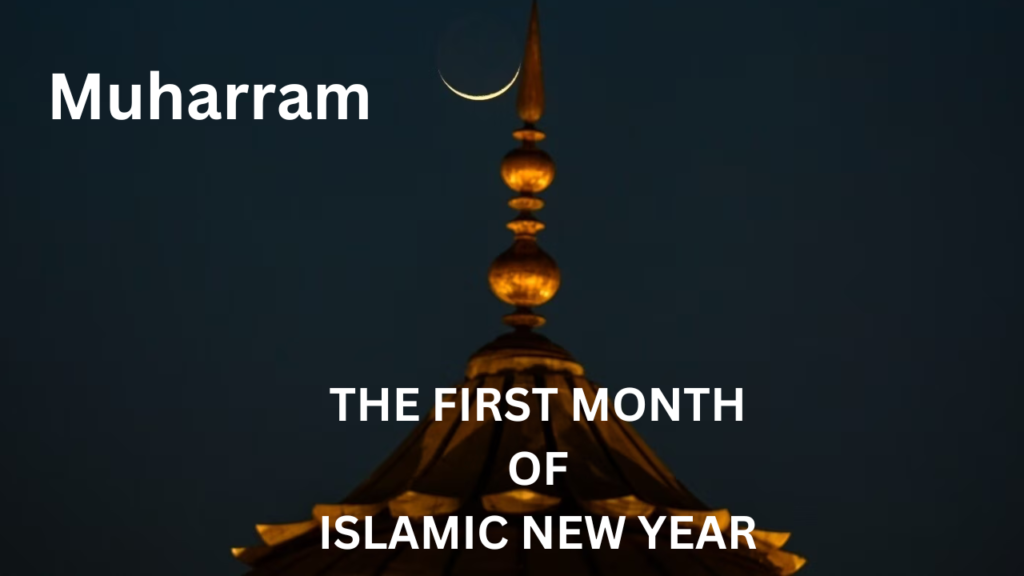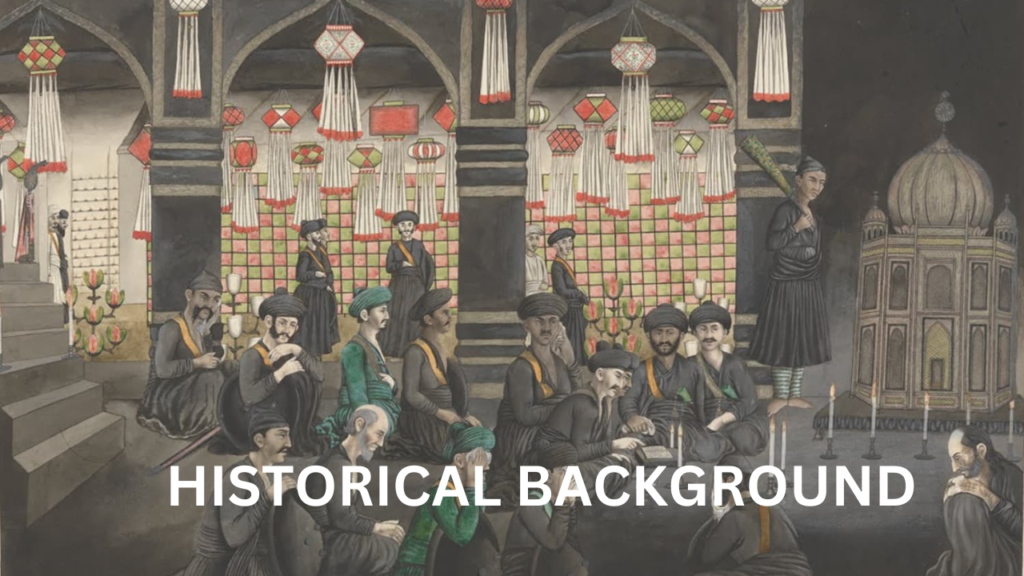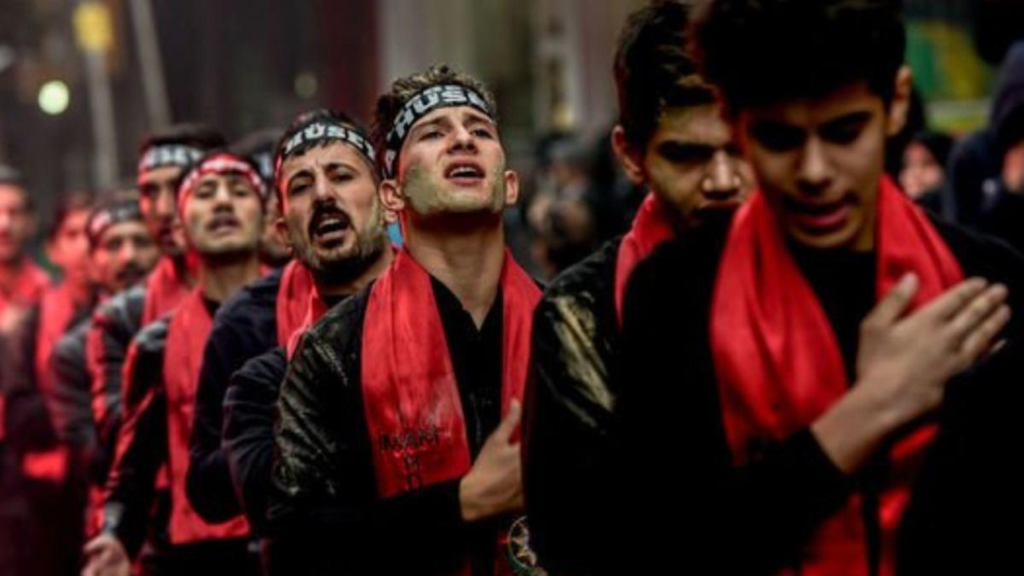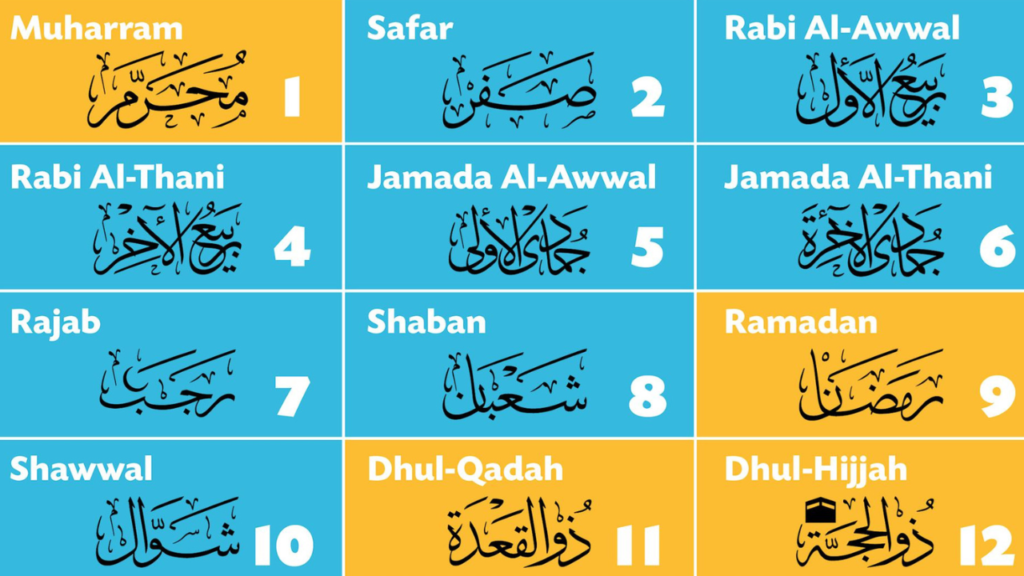Introduction

Muharram is the first month of the Islamic lunar calendar and holds special significance for Muslims worldwide. It is a month of mourning and reflection, with the 10th day, known as Ashura, being the focal point of various religious observances. The events of Muharram and Ashura are deeply rooted in Islamic history and have enduring lessons for believers. In this article, we explore the traditions and significance of Muharram/Ashura and their contemporary relevance.
Significance of Muharram/Ashura

Muharram is considered one of the four sacred months in Islam, during which warfare and conflicts are discouraged. However, it is the tenth day of Muharram, Ashura, that holds profound significance. For Sunni Muslims, Ashura marks the day when the Prophet Moses and the Israelites were saved from Pharaoh’s tyranny by the parting of the Red Sea. For Shia Muslims, Ashura is a day of mourning to commemorate the martyrdom of Imam Hussain, the grandson of Prophet Muhammad, at the Battle of Karbala in 680 CE.
Historical Background

The historical significance of Ashura dates back to the aforementioned Battle of Karbala. Imam Hussain, along with his family and companions, faced immense adversity and martyrdom at the hands of the ruling Umayyad caliphate. This tragic event is seen as a struggle for justice and righteousness, emphasizing the importance of standing up against oppression and tyranny.
Commemorations and Traditions

During Muharram, Muslims engage in various commemorative practices. The most common tradition involves attending Majlis, which are gatherings where the events of Karbala are recited through elegies and poetry. These gatherings create an atmosphere of mourning and reflection, fostering a sense of unity among the participants.
Observances Around the World

Muharram/Ashura is observed with varying degrees of intensity around the world. In some regions, public processions are held, wherein participants reenact the suffering of Imam Hussain and his followers. In contrast, in other places, it is observed with solemn prayers and introspection.
The Day of Ashura

Ashura is marked by fasting for both Sunni and Shia Muslims. Sunni Muslims fast to commemorate the liberation of Prophet Moses and his followers from Pharaoh’s oppression. For Shia Muslims, fasting on this day is an expression of solidarity with Imam Hussain and his companions.
Muharram and Islamic Calendar

Muharram also has symbolic importance as the first month of the Islamic calendar. It serves as a time for Muslims to reflect on their past actions and set intentions for self-improvement in the coming year.
Fasting during Muharram

Fasting during Muharram is not restricted to Ashura alone. Some Muslims fast on the 9th and 10th day of the month, while others observe the fast for the entire month. This practice varies across different cultural and regional traditions.
Muharram and Charity
Muharram encourages acts of charity and benevolence toward those in need. Muslims are encouraged to provide for the less fortunate during this month, fostering a sense of community and compassion.
Muharram Processions
The Muharram processions, particularly prominent in Shia communities, are a central part of the observances. These processions feature Taziyahs (replicas of the shrines of Karbala), and participants dressed in black, signifying mourning.
Lessons from Muharram/Ashura
Muharram and Ashura carry profound lessons for Muslims and humanity at large. The bravery and sacrifice of Imam Hussain teach the importance of standing against injustice and oppression, even in the face of overwhelming odds.
Unity and Reflection
Muharram fosters unity among Muslims, transcending cultural and regional boundaries. It serves as a time of reflection on one’s actions, seeking forgiveness, and promoting unity and harmony within the community.
Global Impact
The observance of Muharram/Ashura goes beyond the Muslim community, resonating with people seeking justice, human rights, and liberty worldwide. The universal message of standing up for truth and justice is something that transcends religious boundaries.
Contemporary Relevance
In today’s world, the message of Muharram/Ashura remains as relevant as ever. The pursuit of justice, the fight against oppression, and the quest for a better society are values that continue to inspire people to take a stand for what is right.
Conclusion
Muharram/Ashura holds immense significance in the hearts of Muslims, providing valuable lessons in courage, sacrifice, and compassion. It is a time of reflection, unity, and commitment to upholding justice and righteousness. As we observe Muharram/Ashura, let us remember the teachings and legacy of Imam Hussain, drawing inspiration from his unwavering principles.

FAQs
- Why is Muharram considered sacred in Islam? Muharram is one of the four sacred months in the Islamic calendar, during which warfare and conflicts are discouraged.
- What is the significance of fasting during Muharram? Fasting during Muharram, especially on the 10th day (Ashura), holds religious and historical importance for Muslims.
- What are Muharram processions? Muharram processions involve public gatherings where participants reenact the events of Karbala and express their grief and solidarity.
- How does Muharram promote unity among Muslims? Muharram fosters unity by bringing Muslims together in gatherings of mourning and reflection.
- What are the contemporary lessons from Muharram/Ashura? The contemporary relevance lies in the pursuit of justice, standing against oppression, and promoting unity for a better society.